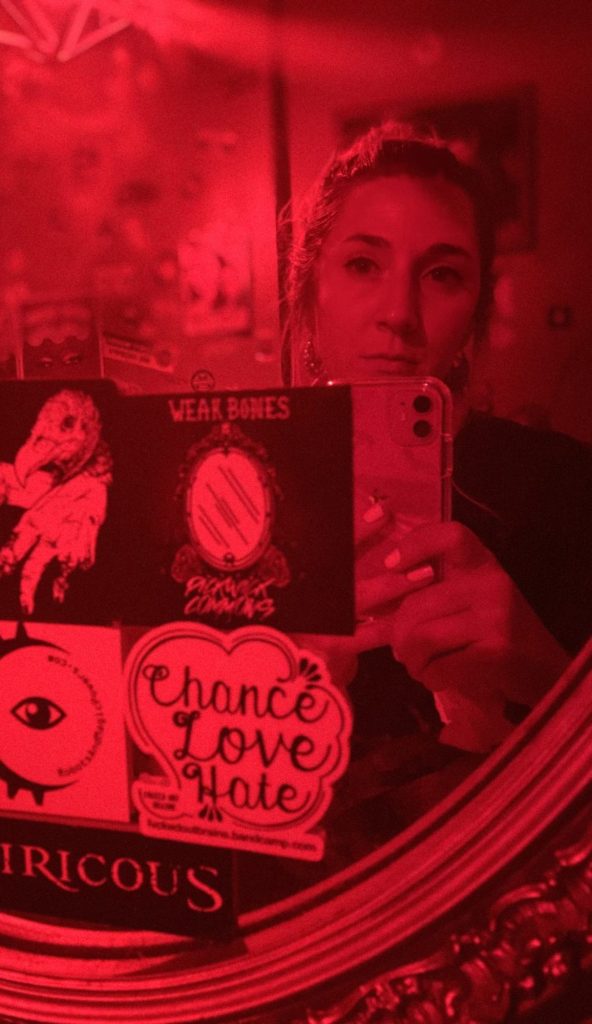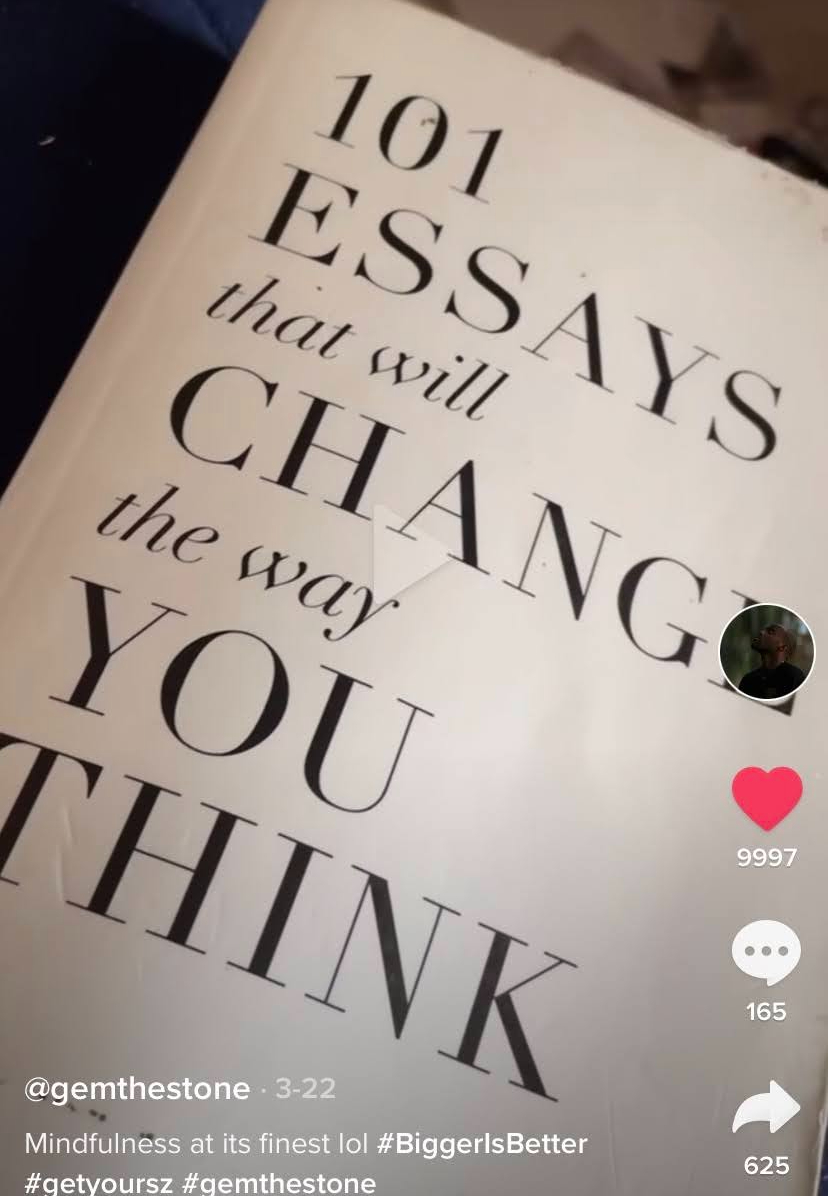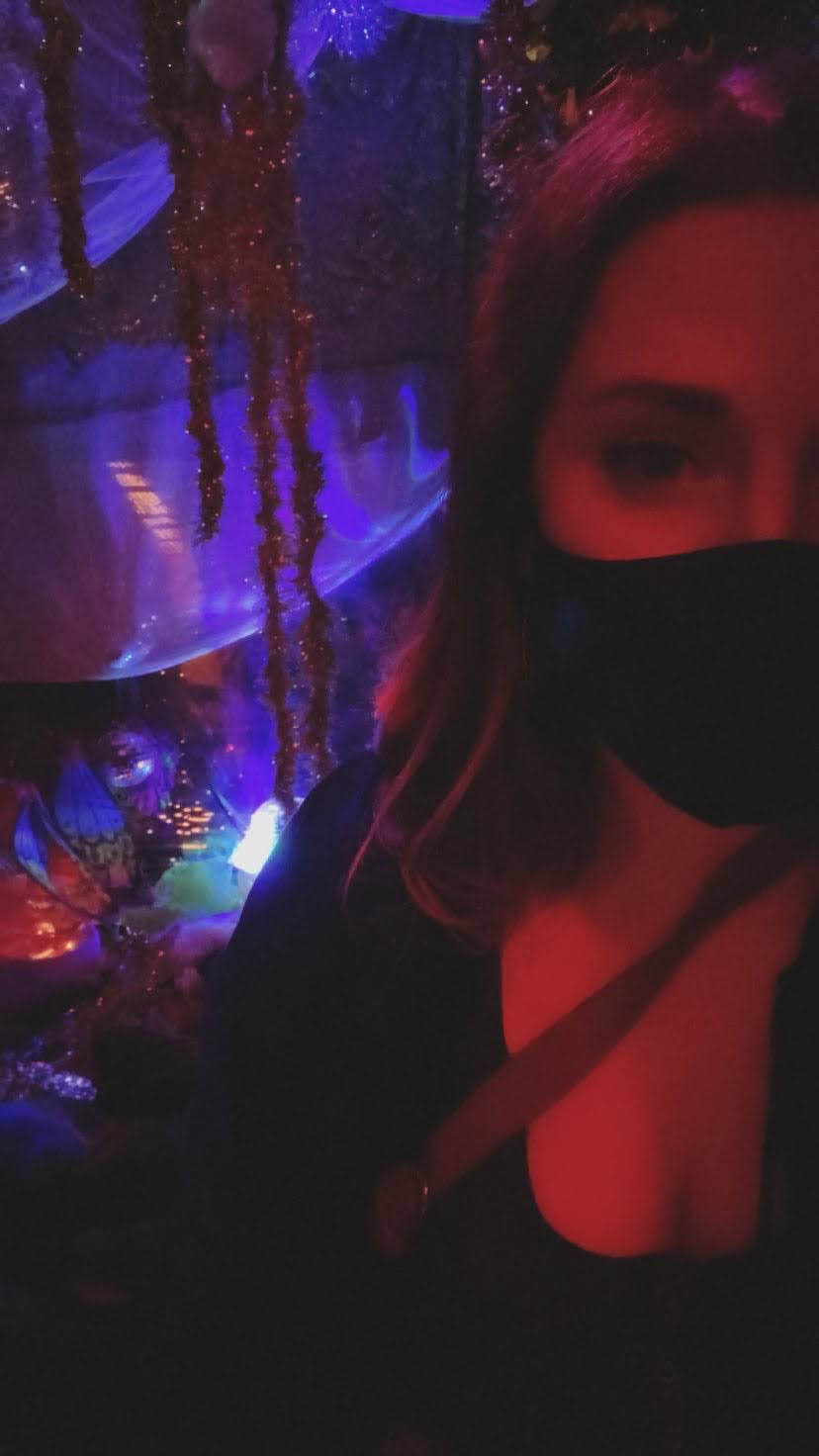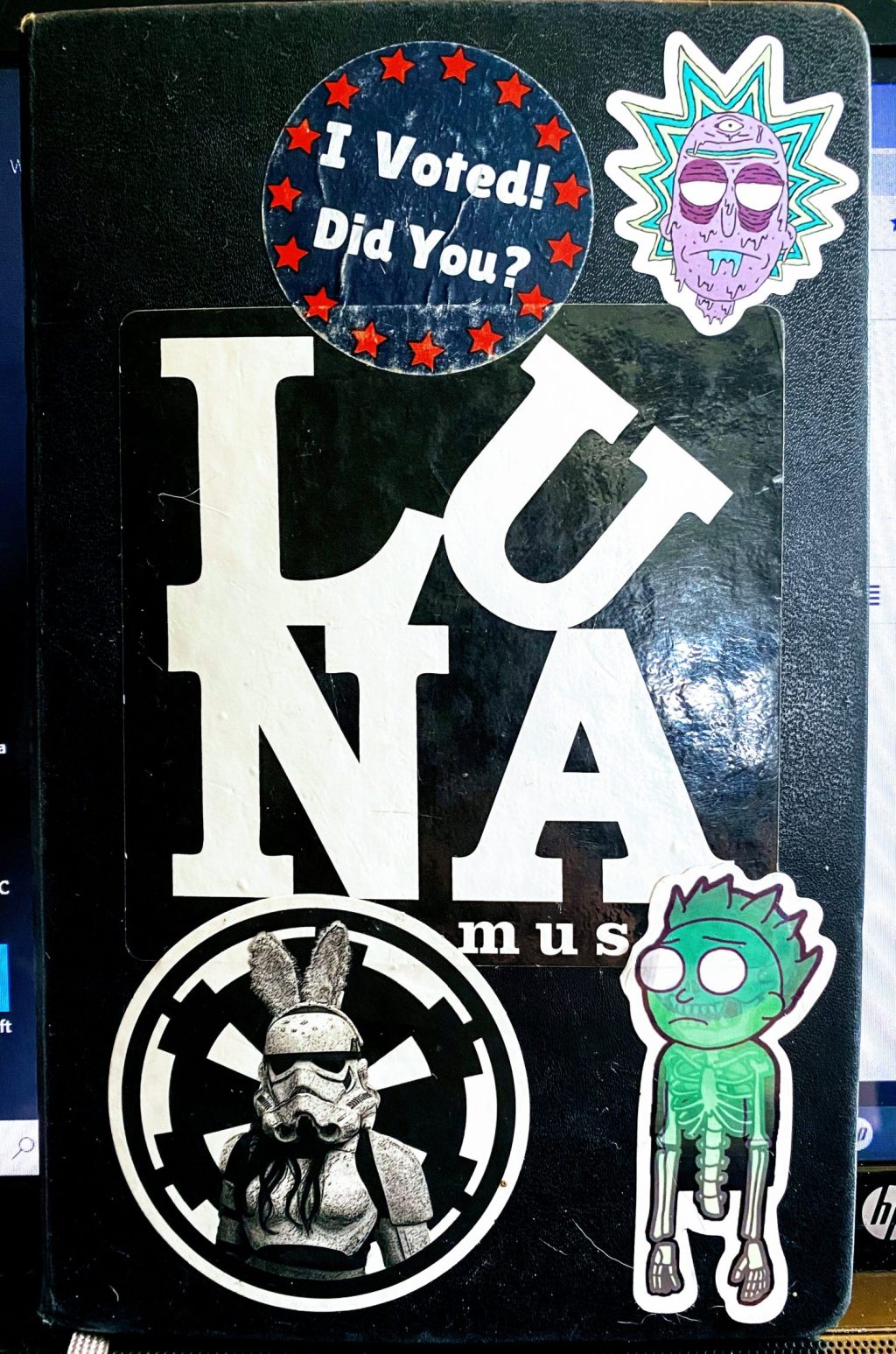Content Warning: This post includes discussion about trauma. If this is not a topic with which you want to engage at this time, come back soon for the next one. Love you!
Last year, over a number of months, I was reading a book call “The Body Keeps the Score: Brain, Mind, and Body in the Healing of Trauma” by Bessel Van Der Kolk, M.D. It is an extensive examination of trauma, how it physically manifests as the mind starts unpacking memories . It talks about the experiences that are most often responsible for the neurological, psychiatric, behavioral and physical responses as a result. It is a lot about pathology, but it is not without extensive resources and methods for healing those wounds. It took months to get through because, as anyone who has experienced trauma would say, it is incredibly draining and difficult- physically, emotionally and mentally- to consciously tussle with those things that have long been pushed down and ignored. The thing that no one told me before I started down this path is that healing is painful, and after a time engaging and making progress, you may not feel the kind of elation or reprieve that you anticipated. Truthfully, you may feel worse for a time before you start to feel better because going forward means looking back at the most painful and damaging parts of your history. If I quoted all the statistics of documented cases of those impacted by childhood trauma, PTSD, and early life experiences, you would be shocked. What it allowed me to do is place some of my experiences in a bigger picture. I saw things come together in a way that let me breathe a sigh of relief because, it wasn’t anything I did, it wasn’t that I was broken- the science wasn’t there and the dots had not been connected. It is only now that things add up.
Before I started writing this piece, I thought a lot about what I wanted to share and talk about- and the thing that kept coming to the front of my mind was generational trauma. The first time I heard that term, I couldn’t fully understand what it meant. In my mind, I couldn’t figure out how trauma could transfer, because it is such a personal experience. That is until I had a conversation with my mom one night. We talking about therapy, specifically that time I’d recently spent working with someone. I talked about some of the things that were coming up for me as I worked on sorting through my patterns and internal dialogue, my mental defaults which centered on things like crippling fear of judgement, or always assuming I was being judged. How critical I was of myself, and how I wanted to avoid criticism from others by withdrawing. Always feeling guilt, shame, anxiety. All of which determined so much of what I did or did not do, what I thought I could or could not do. As I looked across the table, I could see this sort of sinking sadness in her face. ” Do you think some of that came from me?” she asked. ” Well yeah, I think so, but I don’t blame you or hold it against you. You were just doing what you experienced. It is what it is and we can only move forward from here.” She dropped her eyes and I could see a tear fall down her cheek. “It’s ok. Promise. You can only do what you know.” I said, trying to reassure her that there was no malice or anger behind the admission. “We experienced that a lot with grandma. She could be so hard sometimes.” That’s when it clicked. This was generational trauma.
Ripples of our grandparent’s very hard childhood show up in our parents, and subsequently in the way they parent. Things that were never dealt with by one generation or the next, the pattern continues. They developed their own coping strategies, as we all do, in order to protect themselves from the things happening that they could not fix or change. Those things stick around long after the threat is gone because the brain is trying to protect itself from experiencing the same pain again. Reenacting the same scene they saw as a child from their caregivers. That affects every relationship after. They had a parent who demanded perfection, criticizing and manipulating them into behaving a certain way. Those children tend to pass that on by internalizing it within themselves. Impatient and codependent, a child may grow up with exemplars who caregivers who habitually make themselves small to avoid conflict, and because of that, take out their frustration else where. As they grow and begin having their own families, they unconsciously call back to their experiences when they take on that role of parent/caregiver. Unconsciously, their default is to recreate what they learned, and the cycle continues.
That is, until someone starts to wonder where their disposition, their attitude, their patterns come from. Most of these run on autopilot, based on whatever experiences are stored in the unconscious mind. It takes conscious effort to identify and change those patterns. For many people this is a singular experience. Introspection, searching for the source of their critical mentality, their defeatist mentality, their inclination to withdraw and avoid. When they decide to change those things within themselves, they are consciously choosing to replace their default. It can mean not only personal healing, but generational healing.
I look at my parent’s generation, their parent’s generation, and it is glaring clear how different we are in terms of management of personal experiences. Maybe our generation opened the door to talk openly about the events that profoundly impacted their present state of mind. They make movies and music about disparate treatment, their struggle to have healthy and functional relationships. They experience catharsis and healing by channeling their pain into passion projects. Thus allowing them to be present participants, fully engaged in their relationships with friends, family, partners, children. One person changing can open the door to large scale change.
The more time I spend digging around in this area of trauma- generational trauma- I started to see the people in my life differently. Through the lens that they each had such a different experience of life, of influence, positive and negative. Things that shaped them into the people I know today. All translating into how they view people- as friends, as competition, as adjudicator, critics, or as saviors. I’ve thought about that perspective more and more, trying to remove myself from the center of it all. There’s this innate impulse to immediately try to figure out what I did to cause someone to treat me differently, most often when it feels like the relationship has deteriorated. Yes, there are absolutely times when I am the culprit behind the transitioning dynamic, but more often, I’ve fabricated a fiction in my mind about that person and what they think about me. I have full-blown arguments with people in my head- and subsequently the imaginary bleeds into reality, noticeably impacting how I interact with those people. My incorrect, assumed accurate, ideas of the thoughts of others has led to the demise of more than a few friendships and relationships.
It all comes back to trauma.
We are all trying to get by, doing what we can to maintain baseline comfort. Even when it takes us to an unhealthy place, we prefer predictability to practicality. It’s a fucked up cycle that sees people reliving, perhaps unconsciously, the same fucked up situation over and over again. They continue to find themselves in abusive relationships, they continue to be manipulative, they self-harm. Maybe they overeat or over indulge in alcohol or drugs. This patterns continues over and again because humans are hardwired to seek out comfort, and while all of those things may be destructive, the mental state that goes with them tend to originate with a traumatic event.
The pattern is only disrupted when continuing on with those habits becomes more unbearable than changing. What most people consider the “rock bottom epiphany.”
When that moment arrived, where staying the same was worse than the prospect of changing, I had to make a choice to live with discomfort. It was tough. Still is. It is disorienting trying to unlearn habits and acclimate to a new norm. Each day consciously choosing to place my energy, focus, and mindset on something positive and in alignment with the things that I want. Without the familiar haze, poisoned and stunted by self-destruction, I have the chance to see and experience everyone and everything differently. Dispensing the toxicity mitigates the negative impact on my internal homeostasis.
I have seen my relationships transformed, or discarded as needed. Some are still a challenge because, it’s fair to say that to truly transform a dynamic between two parties, both must be equally invested in doing so. Until that time comes, if that time comes, the only thing one can do is stick with their new perspective. Remain steadfast. Constantly choosing not to participate in exchanges that do not support mending already in progress. Sometimes that’s the hardest part- living in an unchanged world when on has strides to improve one’s own mental and physical well-being. They have changed, but the world around them has not, only their experience of it.
One place where so many experience struggle is with family. I’ve always counted myself blessed to have my family. They are an asset. However, as I grows older, the romanticized veil of perfection is beginning to fall away. They start existing in my mind as people instead of ideals. For decades I had this idea of what my family is/was. Children are often given abbreviated stories about what goes on within the confines of the family unit, because children shouldn’t be burdened with hard realities that early in life. It is only now, as I peel back the layers, I am finding out so much I never knew. It wasn’t until my mid-twenties that I started putting pieces together. My family is a treasure, and the image of perfection once held has been replaced by one painted with the unique flaws and characteristics each person has. Each one fallible and doing the best they can, carrying their own struggles and history which I may never know. I love them in their imperfection. I love that I have the opportunity to see them transparently, as the people they really are and not characters playing a part. I am grateful to have space in my heart and my life for them to share their truth, and love them more fully. Sometimes I struggle to live in the present because familial wounds can be the hardest to mend. going back to those moments that illicit anger, ire and sadness only serve to make one feel those things all over again, propagating negativity. Holding on to such toxic energy taints everything else. Sucking the joy and goodness out of the moments happening right now.
I wish there was a formula, a perfectly balanced approach, for having hard conversations with people we love. It’s hard to meet halfway, to listen and participate and be honest. Speaking from experience, feeling as though I’ve disappointed, or will upset one of my family members is enough to keep me silent sometimes. Speaking honestly and frankly can so easily be mistaken for provocation or accusatory. It’s hard to know what someone else hears when they are on the other side of the conversation. Bonds can be delicate, fragile- it feels like a fine line to walk, prone to damage with a misstep.
Family doesn’t go away. My hope is that the relationships I share with each of them allows us to equally feel loved, supported, encouraged, and above all, open. While perfection may be the aim, I appreciate disorder because it is human. Beautifully human. I don’t expect any more or less from anyone. We are all tattered by the seasons of our lives. We experience love, growth, victory and loss individually, and what we take with us sews the next tapestry.
There is no timeline for change or healing. There is no requirement to change. But I am here to encourage you- see if there is something greater there for you.







Leave a comment